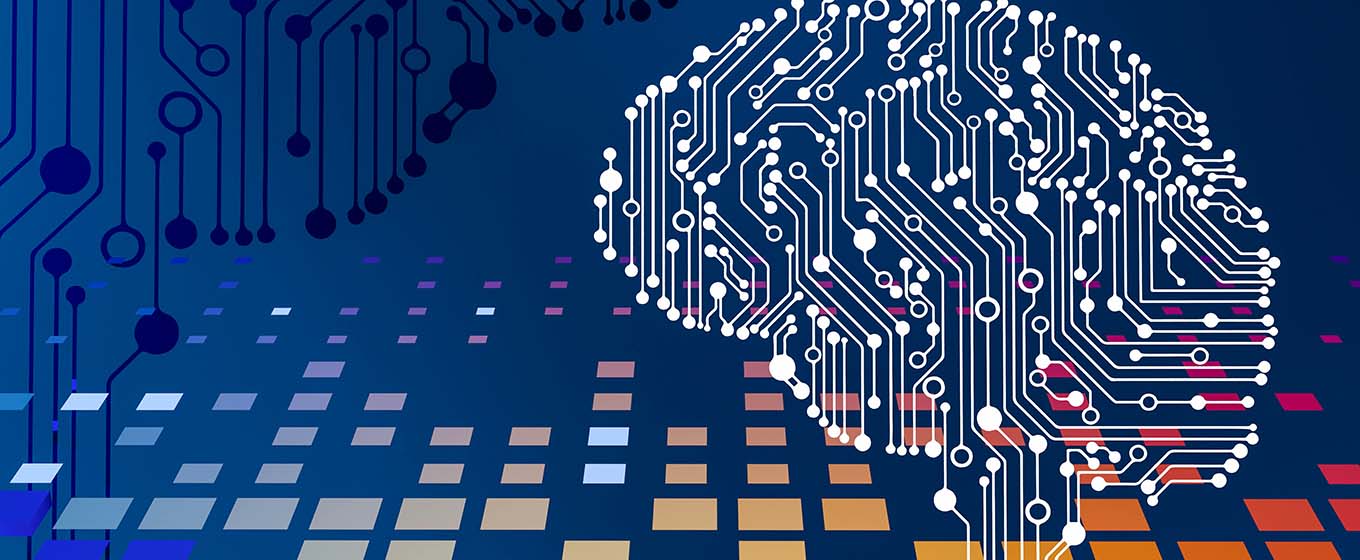Can You Pivot from Humanities to AI?

by Mateo Medina Abad
A Student's Q&A About Making the Leap.
Inspired by the journey of Alessandro Giaconia, a Università Cattolica graduate who moved from linguistics to machine learning.
In a world where Artificial Intelligence is reshaping every field—from banking to education—many students from non-STEM backgrounds are asking:
“Can I really work in AI if I studied the humanities?”
The answer is yes. In this article, we unpack the journey from language studies to AI through a series of FAQs inspired by Alessandro, a Università Cattolica graduate who built a successful career in computational linguistics and fraud detection—without a tech background to start.
FAQ: Transitioning from Humanities to AI – What You Need to Know
Can humanities graduates really enter the AI field?
Yes. More than ever, companies and research institutions are looking for professionals who can bridge language, culture, and technology. Fields like Natural Language Processing (NLP), AI ethics, and computational linguistics are perfect entry points for those with strong communication and analytical skills.
What is Linguistic Computing?
It’s where language meets technology. Linguistic Computing is an interdisciplinary field that focuses on how machines can understand and process human language. You’ll learn to work with large sets of digital text—analysing patterns, meanings, and structures using both linguistic insight and computational tools.
This kind of expertise is in high demand across sectors like communication, finance, publishing, and social media, where companies need people who can extract useful
insights from language data—whether it’s spotting fraud, improving search engines, or designing smarter chatbots.
Do I need to know how to code before enrolling in a programme like this?
Not at all. Programmes like the Master in Linguistic Computing at Università Cattolica are built for learners from diverse academic backgrounds. You’ll start with fundamentals in programming, mathematics and computer science—designed for beginners.
What kind of jobs can you get after studying Linguistic Computing?
Linguistic Computing prepares you for careers at the intersection of language, data, and technology. Graduates work in areas like Natural Language Processing, big data, digital transformation, and content strategy.
Common roles include:
- AI Specialist: developing, setting and using Large Language Models in AI applications
- Language Data Processing Expert: Managing AI systems that analyze spoken or written language across digital platforms.
- Web Content Analyst: Creating and organizing online content, especially in the humanities, using paradigms like those behind the Semantic Web.
- Customer Experience Specialist: Using language data and AI systems to improve how businesses interact with customers.
You’ll also be equipped for roles in computational linguistics, digital publishing, or AI-driven communication tools—fields where language meets innovation.
Alessandro, for instance, applied what he learned in his internship at Credem Bank, where he developed an algorithm to detect financial crimes.
Why study Linguistic Computing at Università Cattolica?
Because it’s one of Italy’s first programmes blending language, computer science, data, and AI—designed to prepare you for careers in today’s digital world.
At Università Cattolica, you’ll gain skills in computational linguistics, data analysis, and AI ethics, all while learning to process automatically and interpret large sets of language data, expertise valued in tech, finance, and communication.
What makes it stand out?
- Cutting-edge research & teaching
- Internships with partners like Google & IBM
- Vibrant Location: Milan, one of Europe’s hubs for innovation and digital transformation.
- Personalized academic support
Whether you're from a humanities or tech background, this programme gives you the tools to thrive.
Is this programme right for me if I don’t have a technical background?
If you're curious about how AI works, passionate about language, and ready to learn, this programme could be a perfect fit. It’s designed for students who want to make a meaningful contribution in today’s digital world—even if they’ve never touched a line of code before.
Want to see this journey in action? Read Alessandro’s story to see how one student made the leap from languages to AI—and found a career that combines meaning, innovation, and impact.


 Read Alessandro Giaconia's story
Read Alessandro Giaconia's story